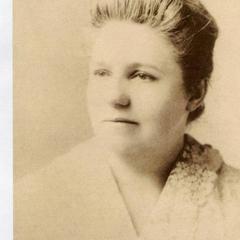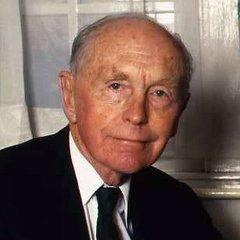Remorse Quotes
Charlotte Bronte, Emily Bronte, Anne Bronte (2009). “The Bronte Sisters: Three Novels: Jane Eyre; Wuthering Heights; and Agnes Grey (Penguin Classics Deluxe Edition)”, p.115, Penguin
Ogden Nash (1941). “The face is familiar: the selected verse of Ogden Nash”, Garden City publishing company, inc
Diana Wynne Jones (2002). “Wizard's Castle”
Virginia Woolf (2007). “Selected Works of Virginia Woolf”, p.175, Wordsworth Editions
Is there not a sort of remorse that precedes sin? Was it remorse at the very fact that I existed?
Yukio Mishima (1958). “Confessions of a Mask”, p.144, New Directions Publishing
William Cowper (1819). “Poems, etc”, p.331
P. G. Wodehouse (2010). “Love Among the Chickens”, p.118, The Floating Press
William Shakespeare, Samuel Johnson, George Steevens (1773). “Romeo and Juliet. Hamlet. Othello. Appendixes”, p.449
Theodore Parker (1853). “Sermons of Theism, Atheism, and the Popular Theology”, p.404
Saint Robert Southwell (1872). “The Complete Poems of Robert Southwell”, p.40
H. G. Wells (2013). “Delphi Collected Works of H. G. Wells (Illustrated)”, p.8287, Delphi Classics
The urging of that word, judgment, hath bred a kind of remorse in me.
William Shakespeare, Thomas Dolby (1832). “The Shakespearian Dictionary, Forming a General Index to All the Popular Expressions, and Most Striking Passages in the Works of Shakespeare, from a Few Words to Fifty Or More Lines ... By T. Dolby”, p.159
Emily Dickinson (2016). “The Collected Poems of Emily Dickinson”, p.119, First Avenue Editions
Polluted by crimes, and torn by the bitterest remorse, where can I find rest but in death?
Mary Wollstonecraft Shelley (2005). “Frankenstein”, p.185, Prestwick House Inc







